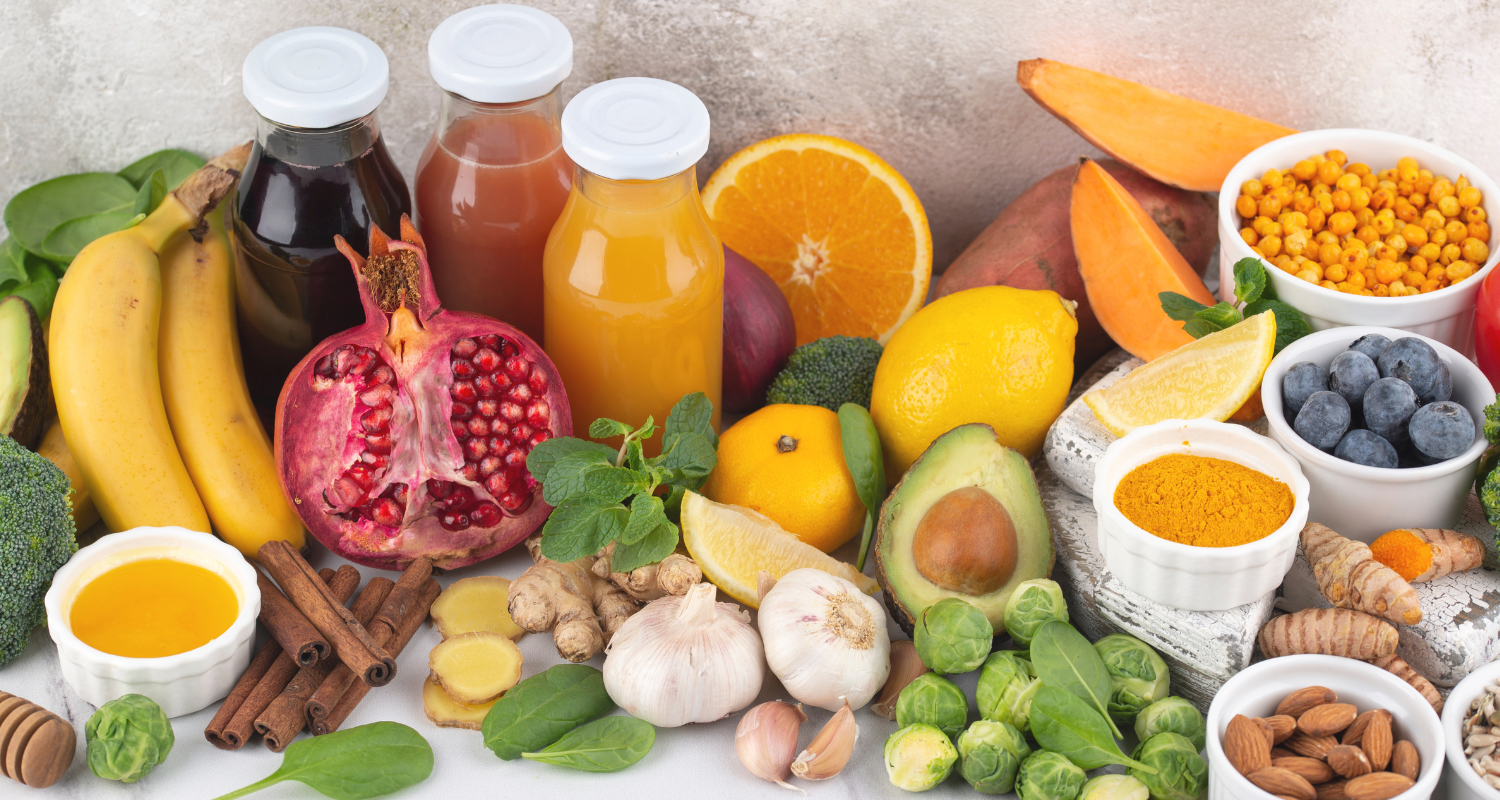Winter has arrived for much of Australia, bringing lower temperatures and increased rates of seasonal colds and flu alongside the ongoing COVID pandemic.
One of the most powerful tools we have in maintaining good immune function and health during the winter months is our diet.
While there is no single food that ensures good immune function, eating to support a healthy immune system does not need to be complicated. Making sure your diet is varied and consist mainly of unprocessed foods will get you most of the way there.
For the rest, there are a few key micronutrients the have been identified as critical for the growth and function of immune cells, including:
Iron
Iron is a component of the enzymes needed for immune cell function.
Sources include red meat, beans, nuts and fortified breakfast cereals.
Vitamin A
Vitamin A helps protect against infections by keeping skin and the lining of the mouth, stomach, intestines, and respiratory system healthy.
Sources include orange and red fruits, and vegetables like carrots, apricots, and bell peppers.
Vitamin C
Vitamin C is vital for the formation of antibodies and white blood cells.
Sources include citrus fruits like oranges, grapefruit, strawberries, and tomatoes.
Vitamin D
Vitamin D helps regulate antimicrobial proteins that can directly kill pathogens.
Sources include sunlight, fatty fish (like salmon), egg yolks, and fortified dairy.
Vitamin E
Vitamin E is an antioxidant that protects cell membranes from damage.
Sources include seeds, nuts, vegetables oils and peanut butter.
Zinc
Zinc is needed for wound healing and supports immune response.
Sources include meats, whole grains, milk, seeds, and nuts.
Selenium
Selenium is an essential trace mineral important for fighting infection and immune function.
Sources include seafood, Brazil nuts, red meat, and poultry.
The best place to get your nutrients is through foods but if you struggle getting everything you need through diet alone Dietitians can help with menu planning, food choice and supplementation if needed.
Finally, remember that diet is important but there are other things we can do to help our bodies fight infections and stay healthy. Getting enough sleep, reducing stress, and staying active all contribute to maintaining and improving resilience to infection and well-being during the colder months and throughout the year.


